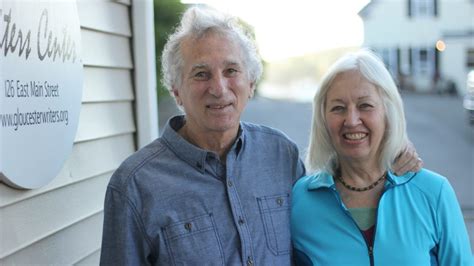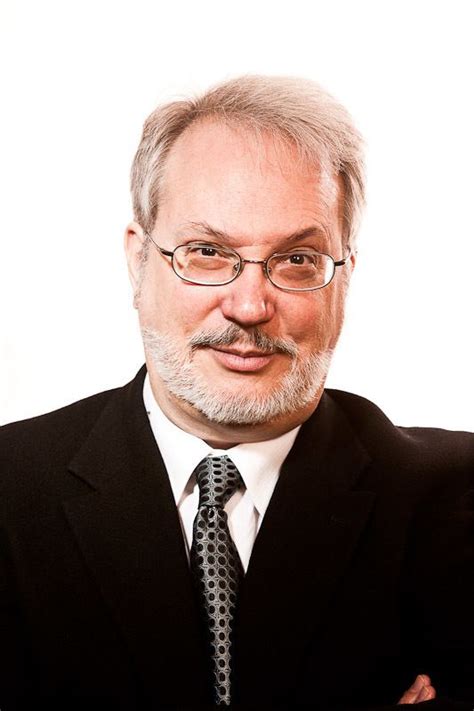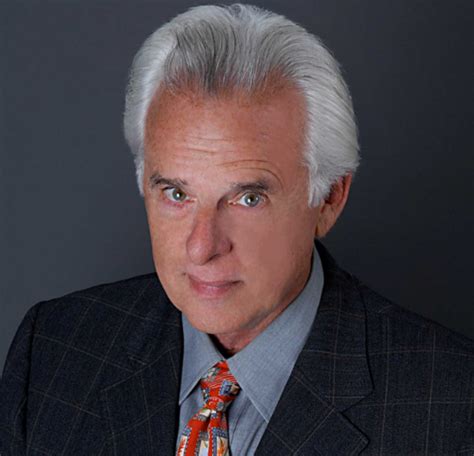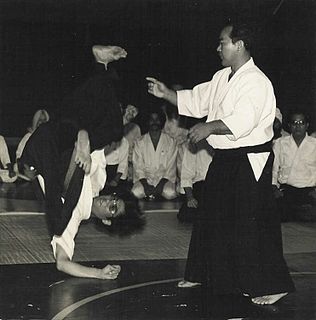A Quote by Gary Zukav
Morality is a human creation.
The Universe does not judge.
Related Quotes
Guess what: God created beings not to act in a morality play but to
experience what is unfathomable, to elicit what can become, to descend
into the darkness of creation and reveal it to him, to mourn and celebrate
enigma and possibility. The universe is a whirling dervish, not a hanging
judge in robes.
The universe is in the experience. It's not just out there. What's out there, we don't know. But for humans it's an experience just like the universe for a dolphin or an insect with 100 eyes is a different experience. Our universe is a human universe experienced in human consciousness and, unless we understand how consciousness operates, we will never actually be able to participate in the creation of our personal and collective reality.
Suspending moral judgment is not the immorality of the novel; it is its morality. The morality that stands against the ineradicable human habit of judging instantly, ceaselessly, and everyone; of judging before, and in the absence of, understanding. From the viewpoint of the novel's wisdom, that fervid readiness to judge is the most detestable stupidity, the most pernicious evil.
Events unfold so unpredictably, so unfairly, human happiness does not seem to be included in the design of creation. It is only we, with our capacity to love that give meaning to the indifferent universe. And yet, most human beings seem to have the ability to keep trying and even try to find joy from simple things, like their family, their work, and from the hope that future generations might understand more.
The whole meaning of morality is a rule that we ought to obey whether we like it or not. If so, then the idea of creating a morality we like better is incoherent. Moreover, it would seem that until we had created our new morality, we would have no standard by which to criticize God. Since we have not yet created one, the standard by which we judge Him must be the very standard that He gave us. If it is good enough to judge Him by, then why do we need a new one?
All of creation, in the biblical view, was to ultimately prepare the way for the creation of man. But one does not need the Bible alone to hold this view. A purely scientific reading of the universe is in keeping with this view. Everything - every natural and physical law - is exquisitely tuned to produce life, and ultimately man, on earth.
When I go back to the Quran I see that the context of Revelation is creation in its entirety. The universe is a Revelation and this of course includes nature, plants and animals. In other words, what is coming from the Quran as rules and objectives are set within the larger scheme of the universe and nature as part of Creation.


































